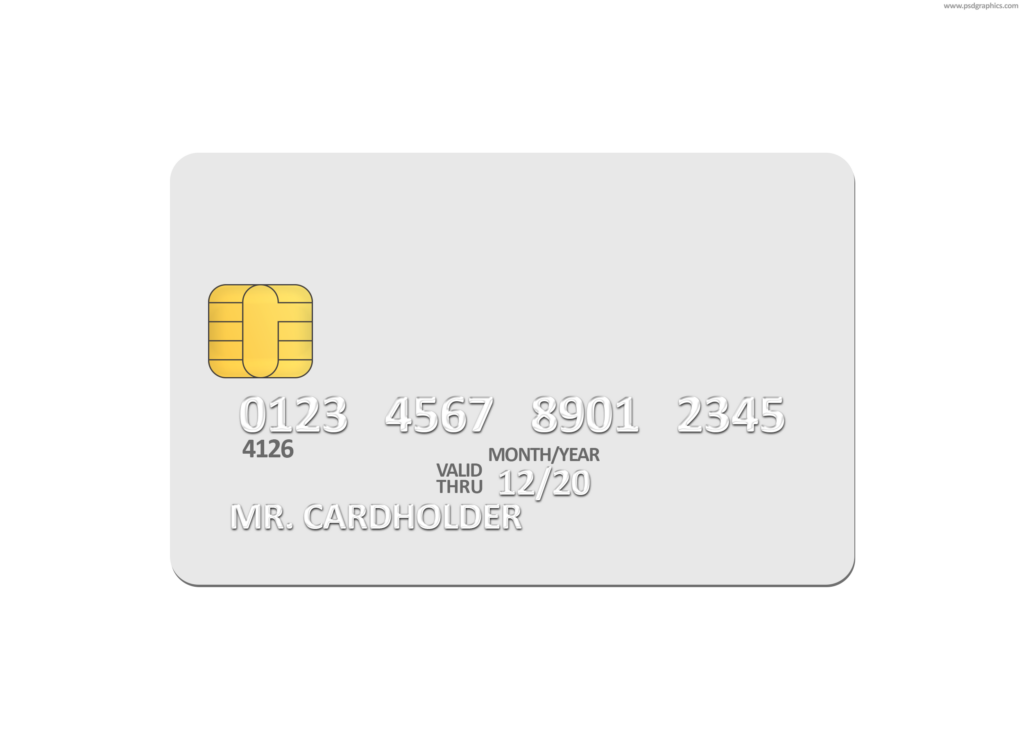Running a business can be a challenging endeavour, and one of the biggest challenges faced by many small business owners is managing their finances effectively. In particular, business credit card debt can be a major burden for companies, especially those struggling with cash flow issues. Fortunately, there are steps that business owners can take to manage their credit card debt and improve their financial position.
Quick Picks
Understand the importance of managing business credit card debt
Business credit card debt can have a significant impact on a company’s finances. Interest rates on credit cards are typically high, and when combined with late fees and other charges, the cost of carrying a balance can quickly spiral out of control. Additionally, carrying high levels of debt can make it difficult for a business to access other forms of financing, such as bank loans or credit lines.
If you’re struggling with business credit card debt, it’s important to take action as soon as possible. Ignoring the problem will only make it worse, and could even lead to more serious financial issues down the line.
One important aspect of managing business card debt is to stay on top of your tax and business rates. Make sure that you are aware of when these payments are due and that you have the cash to meet them. Falling behind on your tax and business rates payments can quickly lead to debt problems, which can have serious consequences for your business.
Assess your Business Debts
The first step in managing business credit card debt is to take stock of your overall financial situation. This means identifying all of your debts, including credit card balances, bank loans, and any other outstanding payments.
It’s also important to distinguish between personal and company debts. While it can be tempting to use personal credit cards to finance business expenses, this can lead to confusion and make it more difficult to manage your finances effectively. If you’ve been using personal credit cards for business expenses, now is the time to separate the two and establish a clear line between personal and business finances.
Create a budget and Cash Flow Forecast
Once you have a clear understanding of your debts, the next step is to create a budget and cash flow forecast. This will help you to better manage your finances and avoid overspending.
Start by looking at your income and expenses over the past few months to get a sense of your current cash flow situation. From there, you can create a budget that accounts for all of your regular expenses, including rent, utilities, payroll, and business rates. Be sure to leave some room for unexpected expenses and emergencies.
At the same time, it’s important to create a cash flow forecast that looks ahead at least a few months. This will help you to anticipate any potential cash flow issues and take action to address them before they become a problem.
Consider A Payment Arrangement
If you’re struggling to keep up with credit card payments, one option is to contact your card issuer and ask about a payment arrangement. Many credit card companies are willing to work with customers who are experiencing financial difficulties and may be able to offer a temporary reduction in payments or interest rates.
Be aware, however, that this may come with certain conditions, such as a higher interest rate in the future or a reduction in credit limit. Make sure you understand the terms of any agreement before agreeing to it.

Seek professional advice
If you’re struggling with business credit card debt, it’s always a good idea to seek advice. This could include speaking to a financial advisor, accountant, or debt advisor, such as the Money Advice Trust, a national charity that provides completely free debt advice.
In some cases, when seeking professional advice, advice may lead to more formal debt solutions, such as a company voluntary arrangement (CVA). A CVA is a legal agreement between a company and its creditors that allows the company to repay its debts over a period of time, typically three to five years. This can be a useful option for companies that are struggling with multiple debts and are finding it difficult to keep up with payments.
Be aware of your personal responsibilities
If your business is a limited company, you may have some protection from personal liability for company debts. However, if you’ve given a personal guarantee or if you have personal debts related to the business, you may still be personally responsible for paying them off.
It’s essential to be aware of your personal responsibilities and obligations in relation to your company debts. If you’re unsure of your legal position, it’s advisable to seek advice from a qualified solicitor or accountant.
Another aspect to consider is that company debts can impact your personal credit rating. Late or missed payments can negatively affect your credit score, which could make it more difficult for you to access credit in the future. It’s important to monitor your credit rating and take steps to improve it if necessary.
Recovering debts owed to your business
If your business is owed money by customers or clients, it’s crucial to take steps to recover those debts as soon as possible. Late payments can have a severe impact on your finances, making it difficult to pay your own bills and meet your financial obligations.
There are several steps you can take to recover debts owed to your business, including sending reminders and making phone calls or sending letters. If these methods don’t work, you may need to consider taking legal action, such as a county court action or a statutory demand.
However, it’s important to be aware that taking legal action can be costly and time-consuming. Before taking this step, it’s worth considering whether it’s a practical option for your business.
Getting help with business debts
If you’re struggling with company debts, it’s essential to seek help as soon as possible. There are several organisations that can provide free, confidential debt advice, including the Money Advice Trust and National Debtline.
As a small business owner, you may also be eligible for business finance or support. The government offers a range of schemes and initiatives to help small businesses access finance, such as bank loans or grants.
If you’re unable to repay your business debt, you may need to consider a formal debt solution, such as a Company Voluntary Arrangement (CVA). A CVA is a legal agreement between your business and its creditors, which can help you to repay your debts over a fixed period while continuing to trade.
In conclusion, managing business credit card debt and other important business debts requires careful planning and financial management. It’s essential to monitor your cash flow and credit rating, seek professional advice if necessary, and take steps to recover debts owed to your business. If you’re struggling with business debts, don’t hesitate to seek help and support from organisations such as Company Doctor, who can provide practical advice and assistance.
At Company Doctor, we help struggling directors liquidate their company and manage their business finance. If you’re facing financial difficulties and need debt advice or support, please call us on 0800 169 1536 to discuss your options. Our experienced team can provide practical self-help advice and help you to find a solution that works for you.

